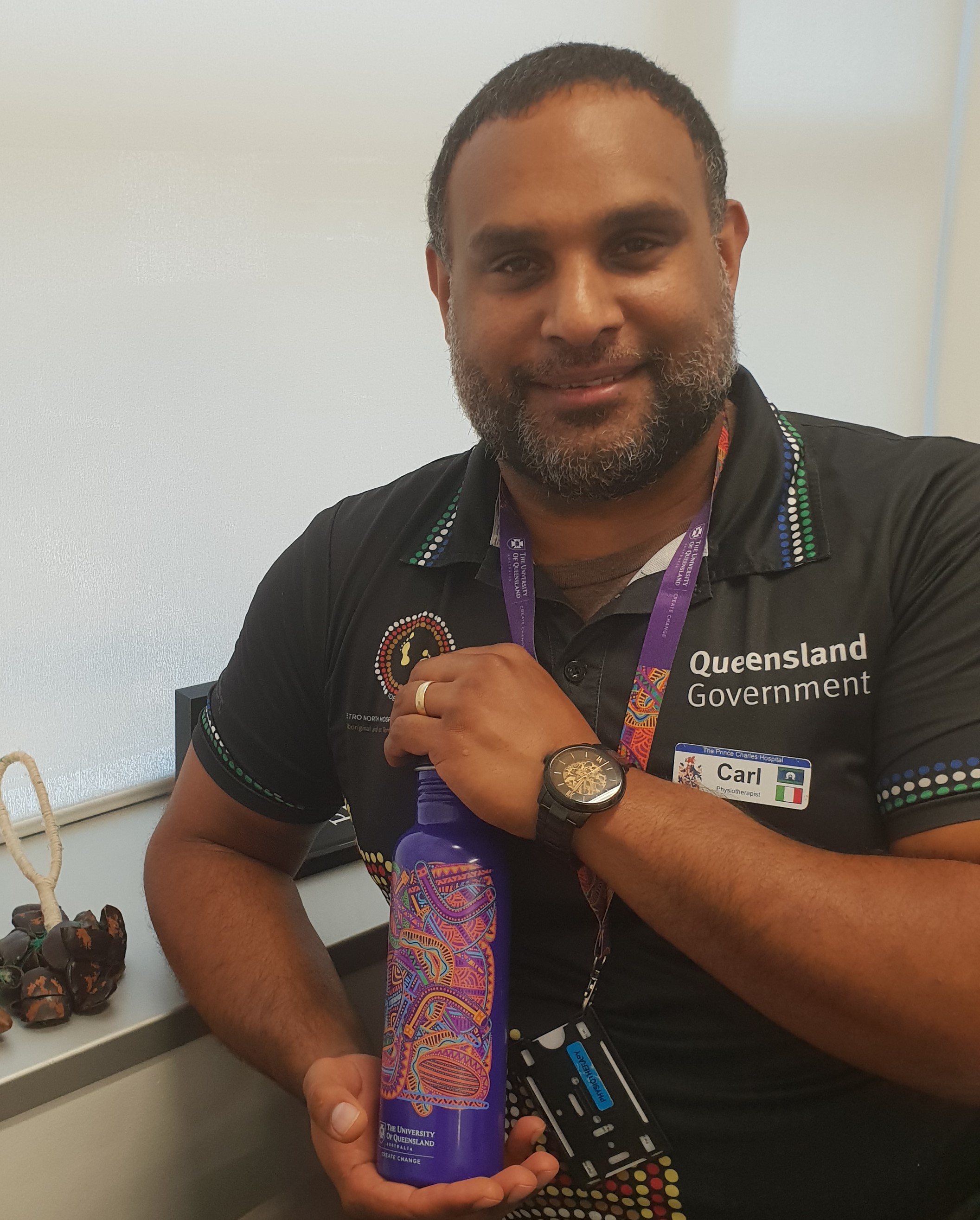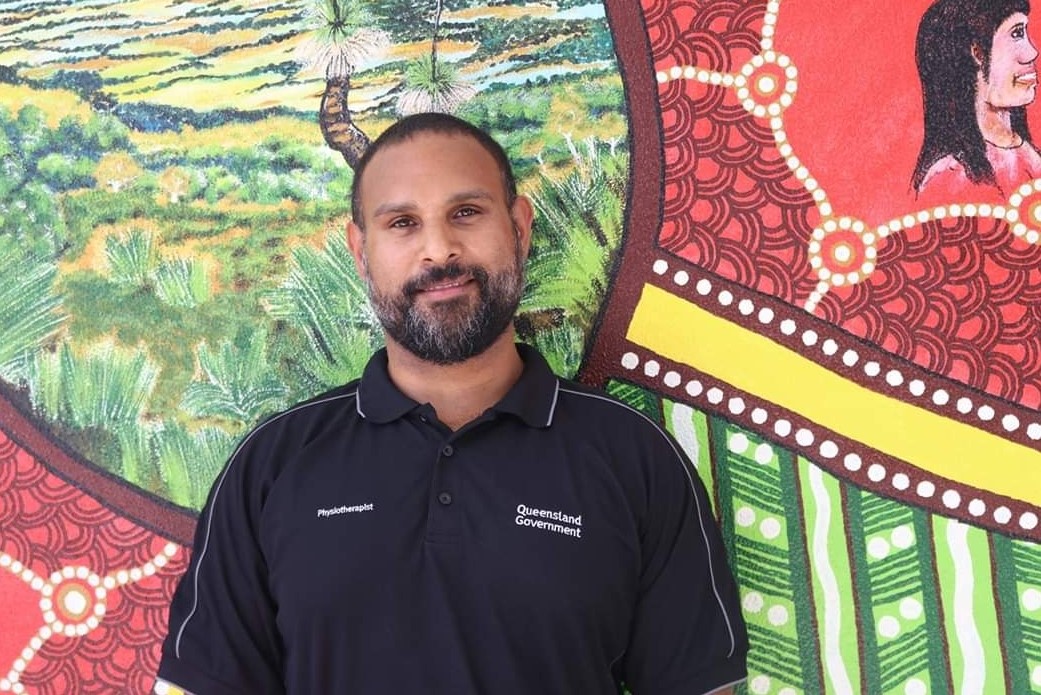Q&A with Associate Lecturer Carl Francia
Associate Lecturer and UQ alumni Carl Francia is one of nine new Aboriginal and Torres Strait Islander academics recruited through UQ's alternative career pathway program.
We caught up with Mr Francia to discuss his culture and what he hopes to achieve at UQ.
Where are you from?
I am a Saibai Koedal clansman (Top Western Torres Strait Islands, Queensland). I grew up on Jagera country (south-eastern suburbs of Brisbane, Queensland) and I currently live on Kabi Kabi country (Sunshine Coast, Queensland).
Tell us about your new role?
I am an Associate Lecturer in Physiotherapy with the School of Health and Rehabilitation Sciences. I am also an Affiliate Associate Lecturer with the Poche Centre for Indigenous Health and PhD Scholar.
My research will focus on rheumatic heart disease in Queensland and regional strategies to answer the federal call to action to end this disease by 2031. I will also have the opportunity assist develop curriculum, teach physiotherapy students and help school engagement with the UQ reconciliation action plan.
What are your credentials/experience?
I am a UQ Alumni. I graduated 2018 with a Bachelor of Physiotherapy (Honours Class I) and HaBS valedictorian. I am a Physiotherapist and I continue to practice part-time at The Prince Charles Hospital. I have an interest in the cardiorespiratory scope of physiotherapy, Aboriginal and Torres Strait Islander health, and health access and equity.
What inspired you to apply?
I really wanted to develop my research and teaching skills to make a greater impact beyond that which was possible as a clinician. This role provides opportunities to influence the practice future clinicians and shine a light on research priorities for Aboriginal and Torres Strait Islander communities.
What do you hope you can bring to the role?
I bring my perspectives as a Torres Strait Islander and expertise in cardiorespiratory physiotherapy.

What do you hope to achieve for Indigenous communities through your appointment?
I hope my research has impact on strategies to eliminate rheumatic heart disease in Queensland. Rheumatic heart disease is an acquired disease of poverty and health inequity prevalent in developing countries and deprived parts of rich countries. It is preventable by addressing poor living conditions and providing penicillin treatment. However, in Australia, this disease remains endemic in the remote far-north and south-east corner of Queensland in greater prevalence than sub-Saharan Africa and South Asia, and is predominantly the burden of Aboriginal and Torres Strait Islander people. It devastates the lives of many children and young people including their family and loved ones; in worst-case scenarios causing the need for open heart surgery, stroke and death.
What are the advantages of having someone with an Indigenous perspective in this role?
An Indigenous perspective adds diversity of intelligence to the SHRS research and teaching community. Lack of diversity can foster tunnel vision and harbour blind spots within an organisation.
What does the role mean to you?
It is a way for me to give back to my people and profession. It is a way for me to improve the agency of myself and others to make a positive impact on important issue.
What does the 2021 NAIDOC Week theme- ‘Heal Country’ means to you?
My Country is Saibai Island top-western Torres Strait Islands. Climate Change and rising sea levels is threatening my country. To me, the NAIDOC Theme 'Heal Country' is a call to environmental action.
